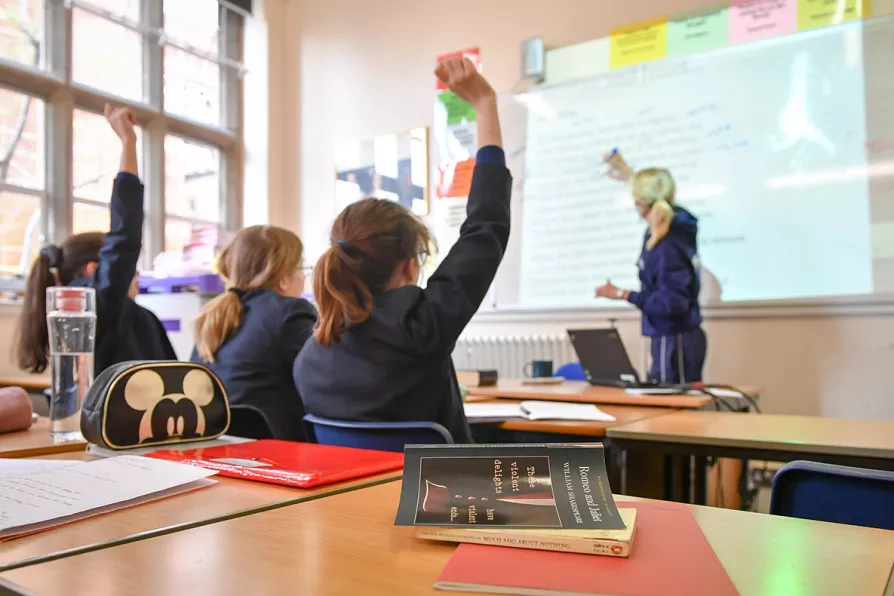Schoolchildren lose record 32 million days of learning in a year, report finds

 A teacher and students in a classroom
A teacher and students in a classroom
SCHOOLCHILDREN lost a record 32 million days of learning due to unauthorised absence and exclusions in 2022/23, a new report says.
The figure is a massive 72 per cent higher than 2018/19, the last school year before the pandemic, the Institute for Public Policy Research (IPPR) and The Difference study found.
It comes as the proportion of secondary pupils getting suspended or expelled is expected rise by a fifth this year.
Similar stories













